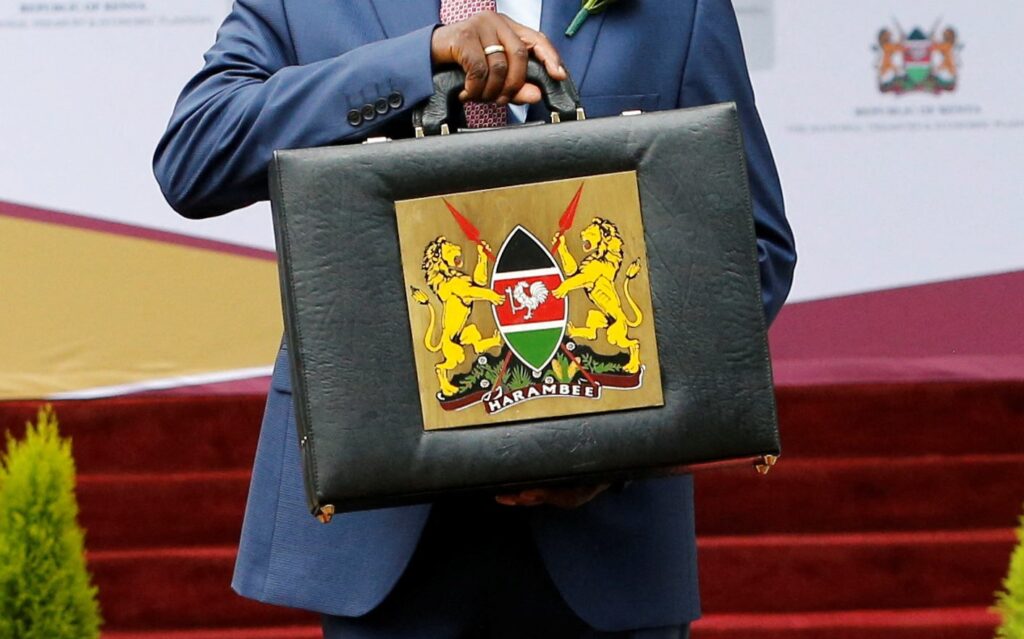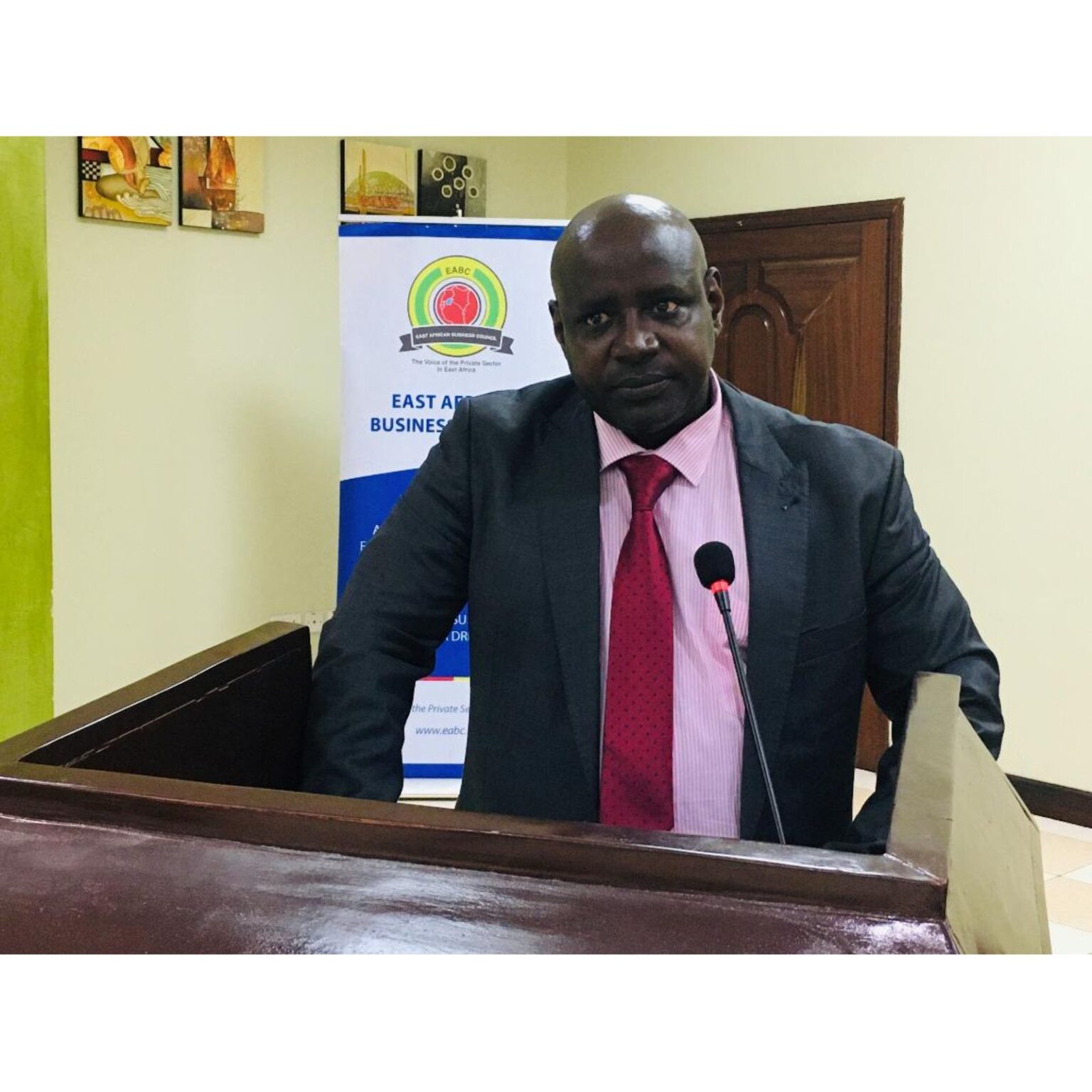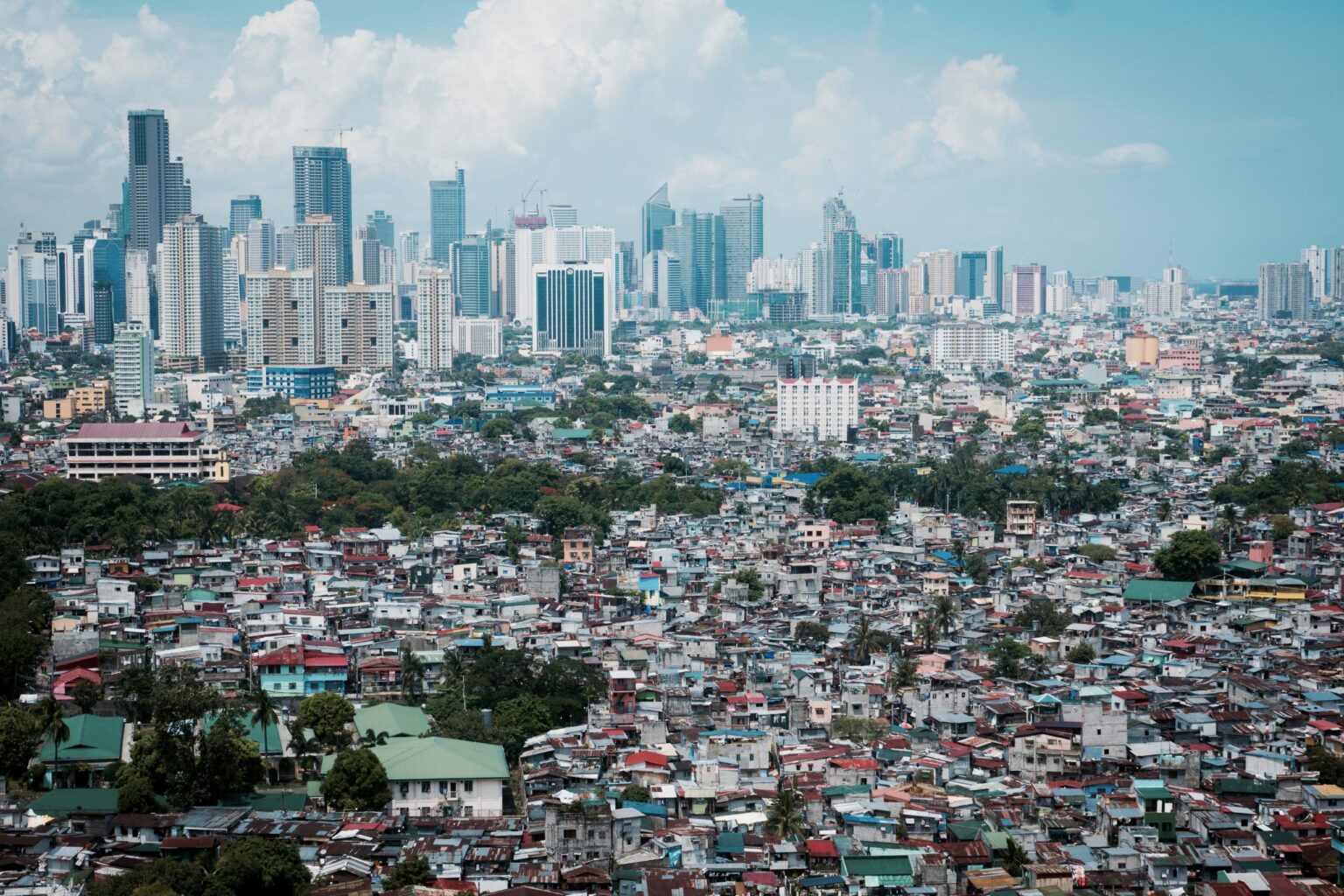- Russia and Tanzania unite to double trade, boost Africa market access
- History as Janngo Capital seals Africa’s largest gender-equal $78M tech VC fund
- South Africa Budget Disappoints Investors as Deficit Widens
- Kenya drops to 6th place in Africa trade barometer
- Tanzania’s bold move to boost cashew nut exports by 2027
- Chinese cities dominate global list of places occupied by billionaires
- Sudan tops up as Africa aims for $25 billion development fund
- Opportunities for youth: Tech firms Gebeya and NVIDIA to train 50,000 developers in Africa
Author: James Ndwaru
I am a writer based in Kenya with over 10 years of experience in business, economics, technology, law, and environmental studies.
- The World Bank has approved a $2.25 billion loan for Nigeria to shore up revenue and support economic reforms.
- $1.5 billion of the loan will help protect millions who have faced growing poverty since a year ago.
- $750 million, the bank said, will support tax reforms and revenue and safeguard oil revenues threatened with limited production caused by chronic theft.
Nigerian President Tinubu’s economic reforms, including ending decades-long but costly fuel subsidies and unifying the multiple exchange rates have resulted in surging inflation that is at a 28-year high.
Under growing pressure from citizens and workers protesting the hardship, Tinubu’s government said that it was seeking the loan to support its long-term economic plans.
The government said it was also taking steps to boost foreign investment inflows which fell by 26.7 per cent from US$5.3 billion in 2022 to US$3.9 billion in 2023, according to the Nigerian Economic Summit Group …
- Tax reforms proposed in the bill have aroused concerns due to their potential to increase costs and financial burdens across the board.
- A positive proposal in the Bill for the housing sector is the removal of the excise duty rate on cement clinkers.
- Some of the Finance Bill proposals highlighted reflect the government’s attempts to promote affordability, stimulate construction, and streamline property transactions in the housing sector.
The Finance Bill 2024 has become the focal point of discussions across Kenya, capturing the attention of individuals and businesses alike. This widespread interest stems from the significant and far-reaching impact the proposed bill could have on various sectors and the daily lives of Kenyans.
The comprehensive tax reforms proposed in the bill have aroused concerns due to their potential to increase costs and financial burdens across the board. With the prospect of higher taxes on fuel, motor vehicles, and digital services, many …
- Africa homes about 30 per cent of the world’s mineral reserves, including 40 per cent of the world’s gold, 60 per cent of its cobalt, and 80 per cent of the platinum group metals.
- Mineral resources are a critical source of revenue for Africa.
- The interest in renewable energies in the mining industry arises from the escalating energy demand within the sector.
Mining in Africa faces ongoing challenges due to environmental degradation and social conflicts with local communities. Deforestation, land degradation, and air pollution are persistent issues linked to mining activities. However, effective prevention and mitigation measures can alleviate these impacts.
Africa’s mineral wealth is staggering. The continent homes about 30 per cent of the world’s mineral reserves, including 40 per cent of the world’s gold, 60 per cent of its cobalt, and 80 per cent of the platinum group metals. The Democratic Republic of Congo (DRC), for instance, with …
- Smart cities are emerging as a critical solution to address the rapid urbanisation and infrastructure challenges facing African cities.
- Smart cities in Africa focus on infrastructure development to enhance connectivity, mobility, and accessibility.
- The limitations in human resources, organisational capacity, and rigid bureaucracy are significant obstacles to adapting to the demands of digital transformation and smart cities in Africa.
Smart cities in Africa
Smart cities are emerging as a critical solution to address the rapid urbanisation and infrastructure challenges facing African cities.
Smart cities agenda in Africa strive to ensure inclusive and equitable development by addressing social inequalities and providing all residents equal access to opportunities and services. This includes affordable housing programs, social safety nets, and community development initiatives to improve living standards and reduce poverty in urban areas.
Smart city projects also prioritise accessibility and universal design principles to ensure that infrastructure and services are accessible to people …
Intra-regional trade in Africa serves as the backbone of economic transformation. East African Community (EAC) member states are increasingly trading with one another and with other African countries. At the same time, they reduced their trade with other continents like Europe, Asia, and other parts of the world, shaping the intra-regional trade in Africa’s dream projected to boost commerce and livelihoods on the continent.
The seven countries in the region (as of 2023) increased their trade with the rest of Africa by $584.6 million to $4.3 billion in the fourth quarter of 2023, a 14 per cent rise compared with a similar period in 2022, according to the latest data by the EAC Secretariat.
Cross-border trade within the region also recorded a 12 per cent rise, from the previous year’s $2.6 billion to $2.9 billion in last year’s Quarter 4, indicating rising trade within the region over the year.
During …
- Artificial Intelligence (AI) integration into various industries has sparked a wave of both anticipation and concern among employees.
- As AI and automation become prevalent, new job categories and roles emerge.
- Cultivating interpersonal skills and collaborating effectively with technology to drive innovation and achieve successful outcomes in the future workplace is key.
Artificial Intelligence and automation in the business landscape
Artificial Intelligence (AI) integration into various industries has sparked a wave of both anticipation and concern among employees. As Artificial Intelligence evolves, employees express growing apprehensions about its impact on job security and overall well-being.
AI and automation are revolutionising the workforce, paving the way for a new era in employment. The adoption of artificial intelligence in automated technologies is poised to transform the job market. Organisations are turning to AI to improve operations and efficiency and stay competitive and relevant in a rapidly evolving landscape.
With the rise of AI …
- This climate finance deficit presents a pressing challenge to Africa, as it directly affects the continent’s capacity to address critical climate-related issues.
- African governments must adopt innovative financing opportunities that blend public and private partnerships.
- Leaders from Africa, the Republic of Korea, and the Global Green Growth Institute (GGGI) have jointly called for more collaboration and cooperation to bridge the climate finance gap
Climate finance
The climate finance gap has been a persistent topic of climate change discussions for the longest time. Despite a financing need exceeding $3 trillion by 2030, the continent receives merely about a 10th of its climate finance need, representing less than 5.5 per cent of the total global climate finance. This gap is felt especially keenly in countries like Uganda, which, despite being one of the many African countries committed to Nationally Determined Contributions (NDCs), experiences a distinct lack of climate funding.
According to the …
- Africa has traditionally been known to have vast untapped potential, and sports are no exception.
- Sports tourism has gained popularity, with tourists traveling to Africa to attend sporting events or participate in sports-related activities.
- Sports have become a booming investment sector in Africa accompanying the continent’s high-speed transformation.
Sports in Africa
Sports in Africa have immense positive socio-economic and cultural results on the communities in which they are embraced. From professionals to youth, sports impact many facets within a community through increased financial resources, camaraderie, and teaching fundamental life skills – such as working hard to achieve a goal, working within a team to better the collective group, and playing by the rules. In Africa, however, the role of sports in economic and social development has yet to be fully realised.
Africa has traditionally been known to have vast untapped potential, and sports are no exception. Sports can do much …
- The number of Africans living in urban areas is expected to increase to around 50 per cent by 2030.
- In the dynamic journey towards progress, the concept of “Smart Cities” emerges as a beacon of hope, transforming urban spaces into intelligent, efficient, and sustainable hubs.
- technology can help improve transportation systems. Mobile apps can inform people about real-time traffic updates, schedule public transportation, and facilitate carpooling or ride-sharing services.
Urbanisation in Africa is a force that has become irresistible, the number of Africans living in urban areas is expected to increase to around 50 per cent by 2030. The continent’s urbanisation rate, rated the highest in the world, can result in economic growth, transformation, and poverty reduction. Similarly, it can lead to increased inequality, urban poverty, and the growth of slums. Therefore, the laws, policies, and actions needed to reap positive results from Africa’s urbanisation are critical in the …
- Technological developments have completely changed how businesses run, engage with customers, and promote economic progress.
- Digital innovations like cloud computing, big data analytics, and machine learning have given organisations access to real-time information and personalised services.
- Disruptive technologies, characterised by their ability to significantly alter the business and social landscape, have driven massive economic transformations.
Technological change profoundly impacts businesses and the global economy in today’s rapidly evolving digital landscape. Technological developments have completely changed how businesses run, engage with customers, and promote economic progress.
Technological change has catalysed economic transformation, driven by various technological advancements. Businesses constantly adapt to new technologies to stay competitive, improve efficiency, and meet evolving consumer demands. The Internet of Things (IoT) and automation are examples of technological advancements that have completely changed various industries and organisational structures.
Technological change has reshaped work, leading to new employment patterns and skill requirements. The gig economy, involving …














